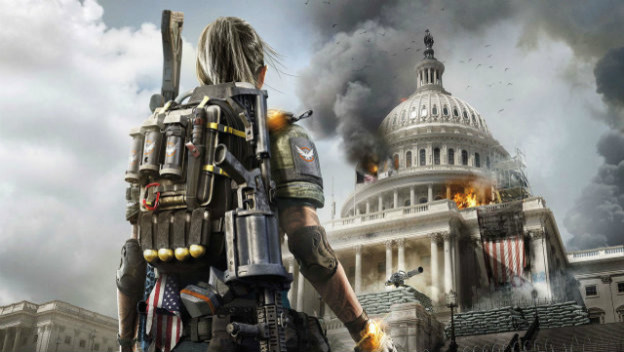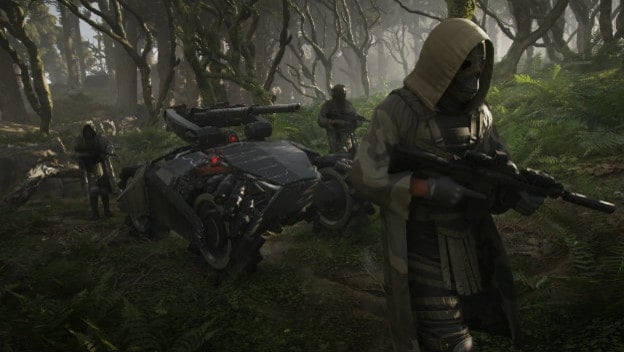Ubisoft has been around for a while and has pretty much established a house style for open world games. Bring up “Ubisoft open world” in a conversation with gamers, and they’ll know exactly what you’re talking about. But, despite the consistency and general success of Ubisoft open world games, one topic surrounding the company has been a bit of a controversy. Yes, we’re talking about the whole politics thing again. Why? Well, it’s because Ubisoft itself decided to wrest its own can of worms back open. Ubisoft published a new interview with an executive on the topic, in hopes to clarify its strange “apolitical” stance. In attempting to do so, it feels like Ubisoft has only muddied its own waters.
We won’t go through the whole interview here, mostly because you can just hop over to Ubisoft’s news website and read it yourselves. Essentially, what Vice President of Editorial Tommy Francois had to say is that Ubisoft doesn’t actually feel like it’s being apolitical with the subject matter in its games. However, Ubisoft does also want to represent the freedom of choice and agency of an open world game in its themes and aesthetics as well as its gameplay. Therefore, this interview argued, Ubisoft wishes to present political material, but from various angles and perspectives that allow players to think for themselves.
Ubisoft argued that, by presenting multiple points of view for the player to encounter, they will want to think about various issues and confront the subject material in such a way they come to their own conclusions. On paper, that probably sounds pretty okay. After all, being exposed to various ideas and challenging yourself is generally how you grow as a person, right? The problem is, in practice, Ubisoft hasn’t actually done this thing it says it’s doing. Instead, Ubisoft has used various imagery on a surface-level context, and mostly just published American military propaganda rather than collections of various points of view.
I’m not even necessarily condemning Ubisoft specifically for its content in its games; Ubisoft isn’t the only game developer that publishes lots of hoo-rah shootybang games that don’t ever question the American military as a construct. It’s popcorn stuff that’s also in movies, books, so on and so forth. Singling Ubisoft out would be silly, except for the fact that the company continues to be weird and disingenuous about it. From E3 presentations full of political jargon to weird statements such as the ones in this interview, Ubisoft is very aggressively trying to have its cake and eat it to, to present its games as something they aren’t – meaningful or substantial in a way that can enrich the audience on real life issues.

From Far Cry to The Division , Ubisoft’s games can be fun to play, and exciting from a technical standpoint, but they’ve never been houses of great or effective storytelling. They’re all very black and white, with an oppressive enemy force that is ever-present and often cartoonishly evil, or in the case of The Division 2 just bad because the game says so. You never really get confronted with anything resembling a moral conundrum, or an attempt to show the player why the antagonist thinks they’re in the right in a relatable context. Far Cry: New Dawn wants you to feel sympathy for the many forces you fight against, but each instance is more contrived than the last. The boss of the evil gang suddenly wants sympathy in her dying breath by vaguely alluding to a childhood we hardly know about, or The Father demands redemption out of thin air so the player can have superpowers. It’s comic book stuff that uses real life as marketing sheen.
It is interesting that Ubisoft is so firmly trying to die on this hill, rather than just being honest about its true intentions. Perhaps there are creative forces within the company that do want to engage with serious ideas and challenge the status quo, but higher forces kick them back down into popcorn town. Maybe we’re seeing the surface level of an internal battle, or maybe we’re seeing corporate arrogance and responsibility-dodging from mass media creators. This isn’t the first time, nor is it the last. But hey, at least the Assassin’s Creed games make history fun.
